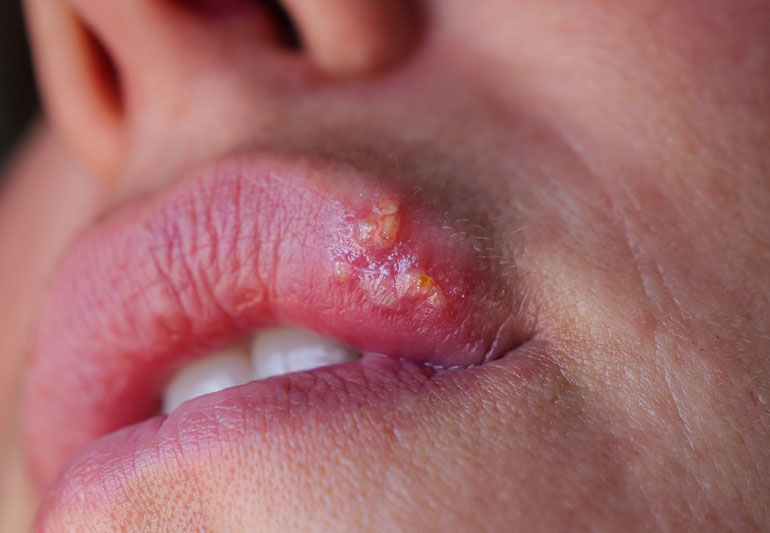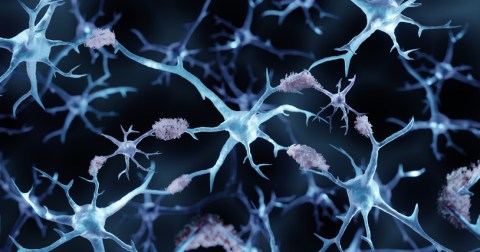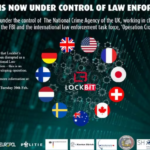A recent study found that dementia is twice as common in people with herpes infections.
The study concentrated on the herpes simplex virus type 1 (HSV-1), which can result in genital herpes and cold sores.
Once a person has the virus, it remains in their system even though flare-ups come and go. It is estimated that over 70% of individuals in the United Kingdom are infected with HSV-1, which is not necessarily symptomatic.
Now, a long-term study conducted in Sweden has revealed a strong link between the virus and dementia, including its most common variant, Alzheimer’s.
The research followed more than 1,000 participants for 15 years, 82% of who carried HSV-1 antibodies. Those with the virus were found to be twice as likely to develop dementia during the study.
The findings, published in the Journal of Alzheimer’s Disease, are the latest to suggest that some types of viral infections could play a role in cognitive decline.
Almost 100,000 people in the UK are now thought to be living with dementia, including one in 11 people over 65.

The researchers found that this association occurred despite the two strongest predicting factors of the disease – age, and people with a variant of the gene APOE-4.
The researchers found that those who carried the variant of APOE-4 were no more likely to show a cognitive decline linked to HSV-1 antibodies.
Alzheimer’s disease: the lowdown
- Dementia, including Alzheimer’s, is thought to be caused by the abnormal build-up of proteins in the brain
- There are three stages of Alzheimer’s disease as the disease progresses, with early, middle and later stages
- The early signs include memory loss, poor judgement and brain fog
- Early-onset Alzheimer’s typically appears in the 40s, 50s and early 60s
- Alzheimer’s disease accounts for 60-80% of dementia cases
- There are currently 900,000 people living with dementia in the UK and this is projected to rise to 1.6 million by 2040
Co-author Erika Vestin, a medical student at Uppsala University, said: ‘What’s special about this particular study is that the participants are roughly the same age, which makes the results even more reliable since age differences, which are otherwise linked to the development of dementia, cannot confuse the results.
‘More and more evidence is emerging from studies that, like our findings, point to the herpes simplex virus as a risk factor for dementia.’
Further studies will help reveal if the known drugs to help fight against the herpes simplex virus can reduce the risk of dementia, as Ms Vestin and her colleagues call for randomised controlled trials to investigate.





